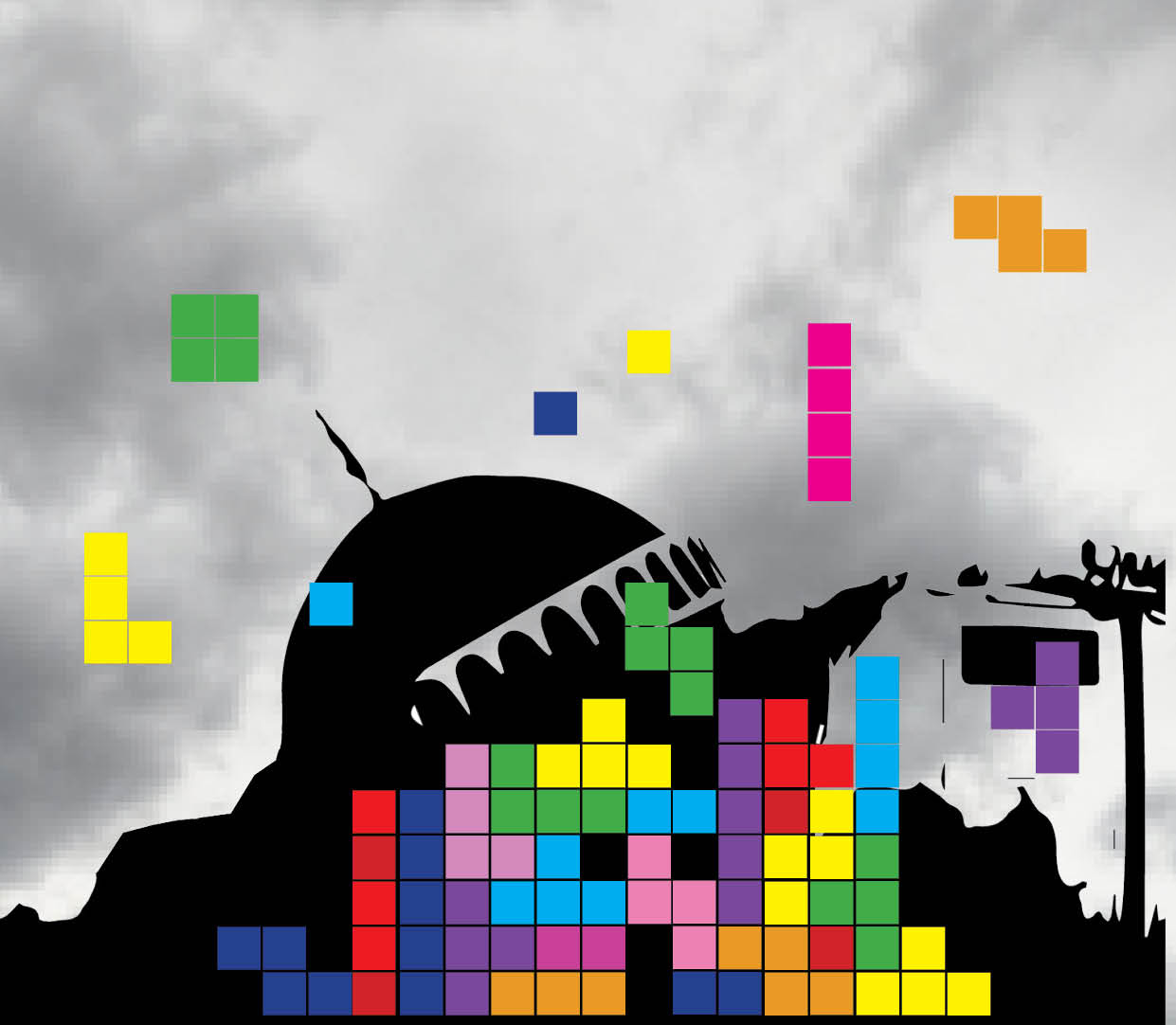A contemporary provocation: reconstructions as tools of future-making (Paris, 13-15 March 2017)
The workshop was organised by ICOMOS and made possible by support from Kyushu University, Japan.  The members of the working group preparing both the workshop and the publication were Cornelius Holtorf (Linnaeus University, Sweden), Loughlin Kealy (University College Dublin, Ireland), Toshiyuki Kono (ICOMOS/ Kyushu University, Japan) and Marie-Laure Lavenir (ICOMOS, France). We are very grateful for the assistance of Maureen Pelletier, Gaia Jungeblodt, and Lucile Smirnov at ICOMOS.
The members of the working group preparing both the workshop and the publication were Cornelius Holtorf (Linnaeus University, Sweden), Loughlin Kealy (University College Dublin, Ireland), Toshiyuki Kono (ICOMOS/ Kyushu University, Japan) and Marie-Laure Lavenir (ICOMOS, France). We are very grateful for the assistance of Maureen Pelletier, Gaia Jungeblodt, and Lucile Smirnov at ICOMOS.
→ Papers published in ICOMOS University Forum Volume 1
→ Full academic papers published in International Journal of Cultural Property 26 (2), 2020
About the workshop 13-15 March 2017
Reconstruction of inheritance results from heritage processes associated with post-war or post-catastrophe recovery and societal reconstruction. Reconstructions are new and the result of changes to the pre-existing heritage. It can be argued that, in addition to their being a form of witness, they are also themselves valuable as heritage to the extent that they possess pastness and contribute to societal future-making. In addition, recent research suggests that heritage values are not inherent in the tangible fabric of heritage but derive from its intangible perceptions and uses in society. Finally, it can be argued that reconstructions, whether creative or faithful, enhance the societal benefits of heritage, for example by providing communities with a common purpose and promoting joint values of peaceful cohabitation.
The 2014 Nara+20 document (2014) recognises that “cultural heritage undergoes a continuous process of evolution” and that any assessments of heritage values need to “accommodate changes over time in perceptions and attitudes”. The document also acknowledges that “the concept of cultural heritage itself assumes diverse forms and processes”. It also recommends further work “on methodologies for assessing this broader spectrum of cultural forms and processes, and the dynamic interrelationship between tangible and intangible heritage”. In this context, debates on authenticity and reconstruction should be revisited.
These issues were discussed during the workshop in accordance with the following themes to contribute to refining ICOMOS thinking in the process of developing new policy regarding reconstructions in post-traumatic situations and beyond.
Theme 1: From Nara to Nara+20: where is authenticity now?
Authenticity has long been the normative framework for discussions about reconstruction. Thirty years after the Venice Charter, the Nara Document recognized the cultural dimension of development. Since then the interrelationship between heritage and society obtained practical significance and intensified in many ways. Today, authenticity is back on the agenda and turns out to be a complex topic of different definitions and perspectives brought to bear on a variety of contemporary reconstructions of the past. This is the context where we should approach authenticity today to ask ourselves “where are we now”?
Theme 2: Creating heritage – making futures?
It has long been held that the legacy of the past needs to be conserved for the benefit of future generations, as well as for our own. In conserving what we received we have created “heritage”. In this theme, we ask about the positive contributions that such heritage can make to the lives of future generations, in the light of the impacts of historical, cultural and natural changes and transformations. How will what we now accept as heritage improve specific futures? Is there a role for reconstructions?
Theme 3: Conservation as management
Conservation has long been considered as the management of change. A primary change has been in understanding the scope of the legacy. In parallel, the range of stakeholders has extended beyond the traditional conservation disciplines and authorities to encompass disparate social groups and communities, participants in identifying and valorising aspects of the legacy, including its potential reconstructions. We ask what consequences for reconstruction flow from this process of change, from the shift in the social roles, powers and capacities that are brought to bear, including the implications for understanding, resource allocation and knowledge and cultural development.
The Workshop was run as an intensive, exploratory experience in which the participants engaged in open discussion in a multi-disciplinary environment. The participants were selected on the basis of extended abstract submitted in advance. During the workshop the participants were assigned one of the three themes and actively contributed to the discussion within their group. However, for one session the participants all changed into another theme. There were also plenary sessions. A summary of the workshop was published by Tim Winter (2017).
Each paper included in the present volume was originally accepted by one of the participants as an abstract but finalised after the workshop, reviewed, resubmitted and eventually accepted for publication. In order to be selected the papers were to be not only relevant to the overall theme and intentions of the workshop but also explicitly informed by the discussions that took place during the workshop.
References
NARA + 20, 2014. On heritage practices, cultural values, and the concept of authenticity. Document adopted by the participants at the Meeting on the 20th Anniversary of the Nara Document on Authenticity, held at Nara, Japan, from 22-24 October 2014, at the invitation of the Agency for Cultural Affairs (Government of Japan), Nara Prefecture and Nara City. http://www.japan-icomos.org/pdf/nara20_final_eng.pdf
Winter, T. 2017. ICOMOS University Forum Workshop on Authenticity and Reconstructions, Paris, 13-15 March 2017. Post Workshop Summary. http://www.criticalheritagestudies.org/announcements-1/2017/4/2/post-workshop-summary-icomos-university-forum-workshop-on-authenticity-and-reconstructions-13-15-march-2017
